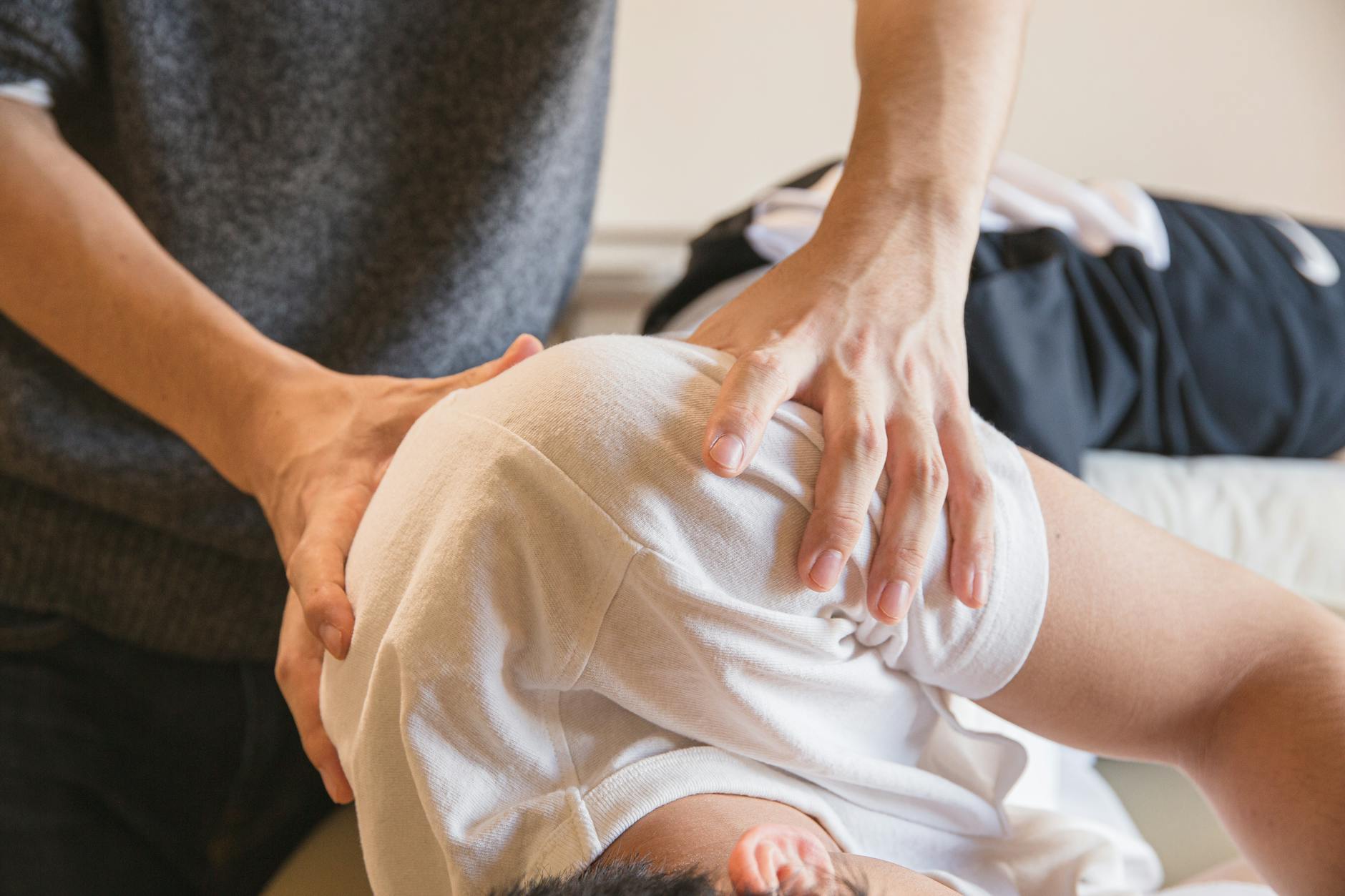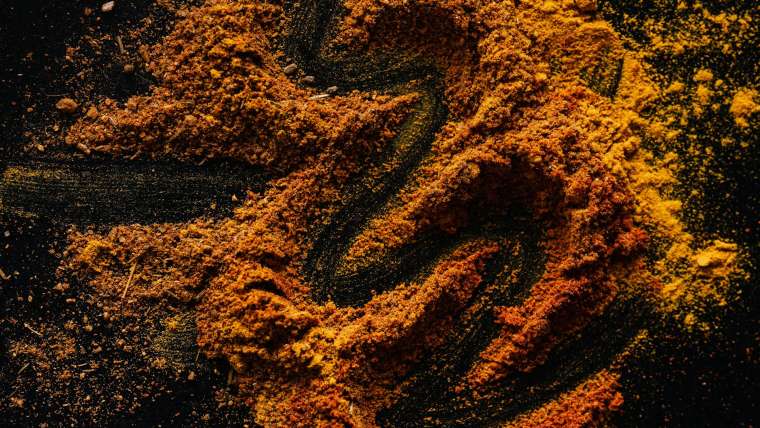Are kidney stones causing you pain? Discover 10 effective relief tips to help you find comfort and ease the suffering.
Table of Contents
Are you tired of the excruciating pain caused by kidney stones? You’re not alone. Kidney stones can affect anyone, causing discomfort and disrupting daily life. But fret not – relief is within reach. By understanding the causes, symptoms, and treatment options for kidney stones, you can take proactive steps to manage this condition and improve your quality of life. Let’s dive into how you can find relief from kidney stones.
Kidney Stones: What You Need to Know
Kidney stones are hard deposits that form in the kidneys, typically from minerals and salts found in urine. These stones can vary in size and composition, leading to different levels of pain and discomfort. There are several types of kidney stones, such as calcium stones, struvite stones, uric acid stones, and cystine stones. The symptoms of kidney stones may include severe pain in the back, side, or lower abdomen, nausea, vomiting, and difficulty urinating.
Causes of Kidney Stones
The exact cause of kidney stones can vary depending on the type of stone. Some common factors that may contribute to the formation of kidney stones include:
- Diet: Consuming foods high in oxalates, salt, or protein can increase your risk of developing kidney stones.
- Dehydration: Not drinking enough water can lead to concentrated urine, making it easier for kidney stones to form.
- Medical Conditions: Certain medical conditions, such as obesity, diabetes, and high blood pressure, can also increase your risk of developing kidney stones.
Managing Kidney Stones
While kidney stones can be incredibly painful, there are several ways to manage this condition effectively. Here are some tips to help you find relief:
Stay Hydrated
One of the most important ways to prevent kidney stones is to stay hydrated. Drinking plenty of water throughout the day can help dilute the minerals and salts in your urine, reducing the risk of kidney stone formation. Aim to drink at least 8-10 glasses of water daily, and more if you live in a hot climate or engage in strenuous physical activity.
Follow a Healthy Diet
Adopting a kidney-friendly diet can go a long way in preventing and managing kidney stones. Limit your intake of oxalate-rich foods, such as spinach, beets, and nuts, and reduce your salt and protein consumption. Instead, focus on incorporating more fruits, vegetables, and whole grains into your diet to help maintain a healthy urinary system.
| Tips for Relief from Kidney Stones |
|---|
| Stay Hydrated: Drink plenty of water to help flush out the kidney stones. |
| Eat a Balanced Diet: Avoid foods high in oxalates and sodium, and incorporate more fruits and vegetables into your diet. |
| Limit Caffeine and Alcohol: Both can dehydrate you and worsen kidney stone symptoms. |
| Try Over-the-Counter Pain Medication: Consult with your healthcare provider for appropriate pain relief medication. |
| Use Heating Pads: Applying heat to your back or abdomen can help relieve pain associated with kidney stones. |
Manage Your Weight
Being overweight or obese can increase your risk of developing kidney stones. By maintaining a healthy weight through regular exercise and a balanced diet, you can lower your risk of kidney stone formation and improve your overall health.
Seek Medical Treatment
If you’re experiencing severe symptoms of kidney stones, such as intense pain, nausea, or difficulty urinating, it’s essential to seek medical attention promptly. Your healthcare provider can perform tests, such as ultrasounds or CT scans, to diagnose the presence of kidney stones and recommend appropriate treatment options.
In Conclusion
Dealing with kidney stones can be challenging, but with the right approach, you can find relief and minimize your discomfort. By staying hydrated, following a kidney-friendly diet, managing your weight, and seeking medical treatment when necessary, you can effectively manage kidney stones and prevent future occurrences. Remember, your health is paramount, so don’t hesitate to take proactive steps to care for your well-being. Here’s to finding relief and living a healthier, happier life!
Frequently Asked Questions
How can I prevent kidney stones from forming?
Drinking plenty of water, following a kidney-friendly diet, managing your weight, and avoiding dehydration can help prevent kidney stones from forming.
What are the common symptoms of kidney stones?
Common symptoms of kidney stones include severe pain in the back, side, or lower abdomen, nausea, vomiting, and difficulty urinating.
Are kidney stones a common health issue?
Yes, kidney stones are a prevalent health issue that can affect people of all ages and genders.
When should I seek medical attention for kidney stones?
It’s essential to seek medical attention for kidney stones if you experience intense pain, nausea, difficulty urinating, or any other severe symptoms.





